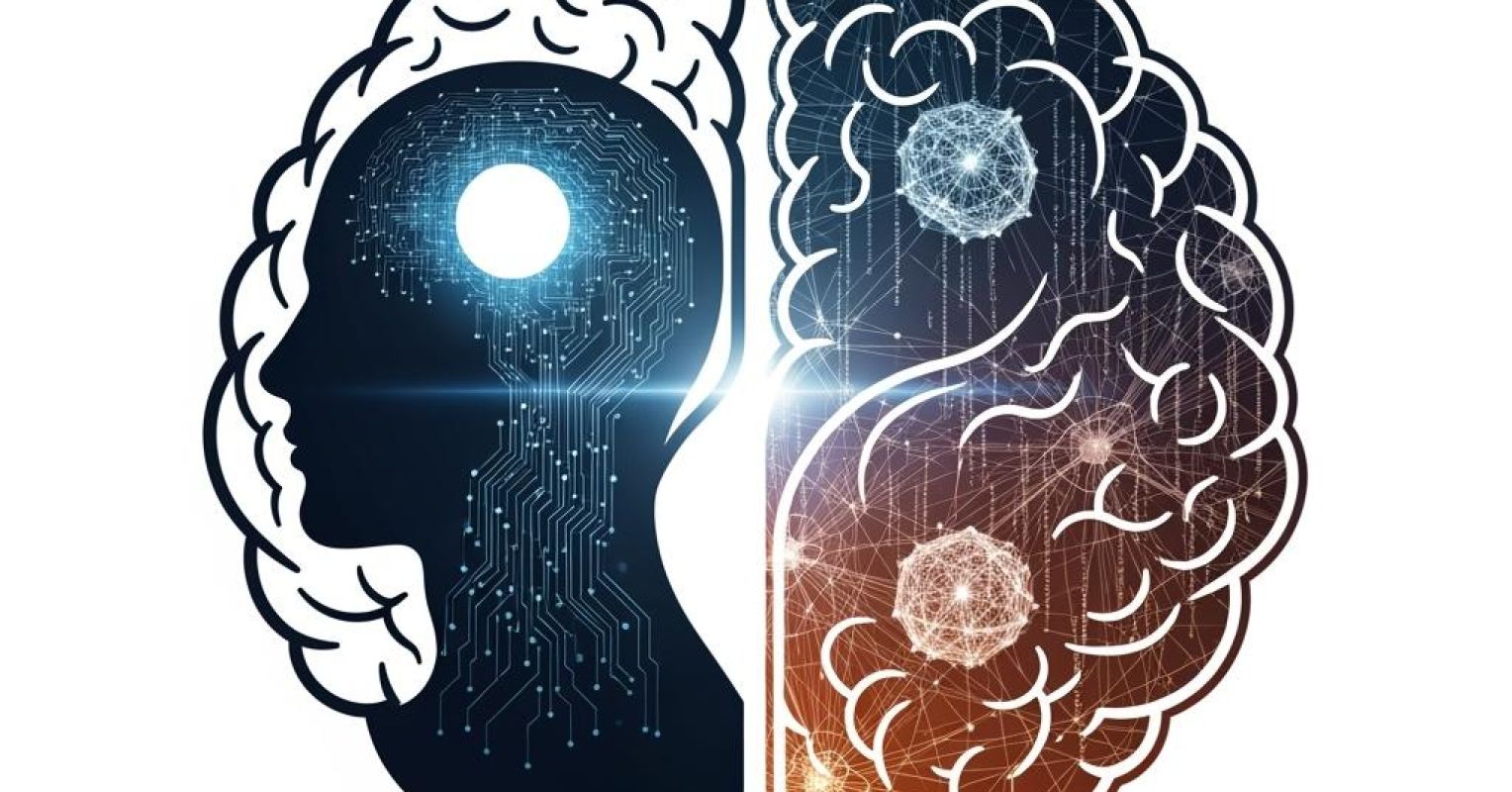
"Imagine a version of mental health care that adapts to you-your brain, your body, your life-as you go. A personalized plan that can adjust in real time, combining brain stimulation, psychotherapy, medications when useful, and lifestyle rhythms. That's the future of precision interventional psychiatry-and pieces of it are already here. If and when we arrive at the " AI Singularity" that Kurzweil envisions, that could suddenly level up beyond what we can currently imagine. The uncertainty is almost unbearable."
"We can currently personalize where we stimulate the brain for many conditions, such as clinical depression. Specific networks matter enormously, such as the default mode network (DMN), which appears core to consciousness. Stimulating the right spot or spots on the surface of the brain's cortex can influence these mood networks more effectively, either directly or indirectly. We can do this now, with transcranial magnetic stimulation (TMS) 1."
Precision interventional psychiatry envisions personalized, adaptive mental healthcare that adjusts in real time to an individual's brain, body, and life. Treatments will combine targeted brain stimulation, psychotherapy, medications when useful, and lifestyle rhythms, coordinated by computational models and AI. Current capabilities enable individualized stimulation targeting for disorders like depression using TMS, guided by neuronavigation and network mapping such as the default mode network. Real-time monitoring with EEG and fNIRS, along with dynamic causal modeling and digital twinning, can reveal mechanisms of improvement or failure. Advances could dramatically accelerate treatment efficacy and enable both illness remediation and enhancement.
#precision-interventional-psychiatry #transcranial-magnetic-stimulation-tms #default-mode-network-dmn #ai-and-computational-modeling
Read at Psychology Today
Unable to calculate read time
Collection
[
|
...
]